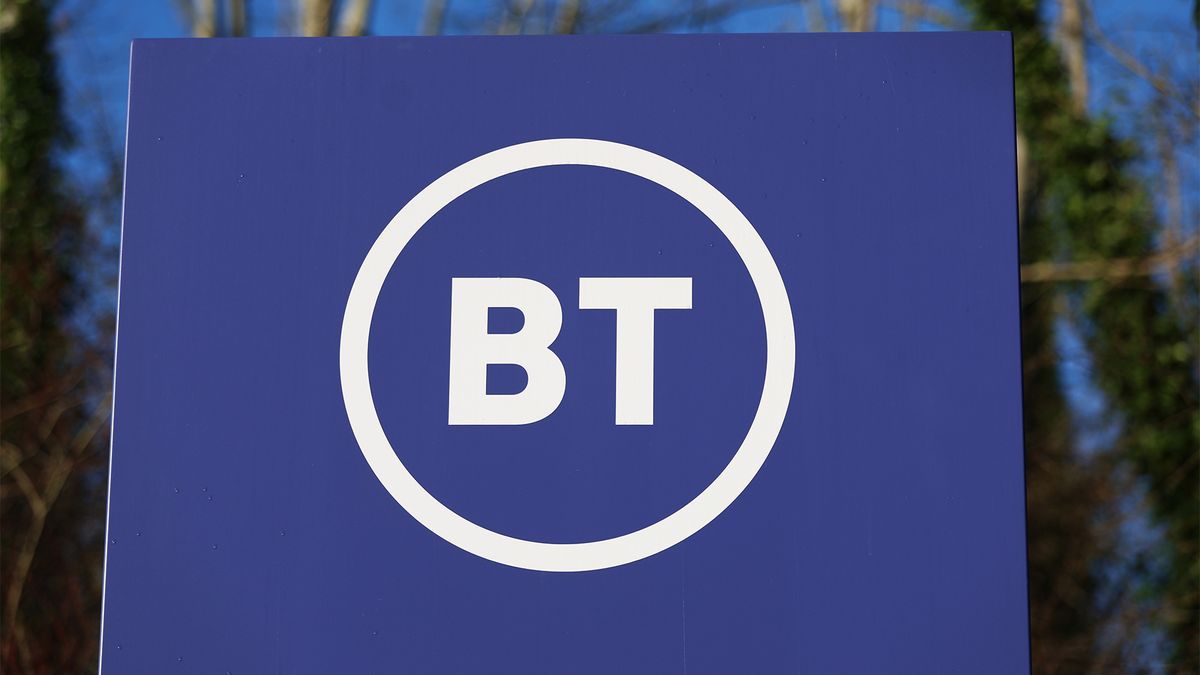BT has announced its Global Fabric platform, a new network as a service (NaaS) offering focused on driving employee connectivity amidst increased AI usage.
The firm said that Global Fabric will make it easier and quicker to create secure connections between staff, customers, and devices to applications and digital services that are hosted across multiple clouds.
Such applications and digital services include – though are not limited to – artificial intelligence tools which are set to become an increasing part of IT infrastructure. In describing its new service, BT said it was ready to meet the demands of breakthrough AI technologies.
The firm compared its new offering to legacy networks in which changes to connectivity services can take weeks to set up and deploy. By comparison, changes made on Global Fabric happen “in an instant”, according to BT, and will help businesses manage spikes in data traffic that can be caused by AI or generative AI tools.
BT also unveiled a demo of Global Fabric’s ‘digital management portal’ which will allow IT teams to learn about the set-up and optimization of the platform. Staff will be able to experiment with application programmable interfaces (APIs) to integrate Global Fabric into their wider toolset.
“BT’s Global Fabric will help customers hit the cloud running,” Colin Bannon, CTO of BT Business, said.
“It will give them a choice of the world’s best cloud locations to interconnect with their customers, partners and suppliers, making them easier to do business with not just today but tomorrow too,” he added.
After a two-month live testing period the platform is now operational, with the first Global Fabric services set to launch in early 2025.
The telecom company has so far installed ‘points of presence’ in over 45 major data centers, and customers without access to such data centers will be able to order new links ahead of the start of next year.
Other firms are similarly focused on NaaS – HPE’s bid for Juniper Networks earlier this year, for example, saw the firm attempt to compete more effectively in the NaaS market, and Juniper CEO Rami Rahim argued at the time that the collaboration would lead to a boost in AI-native networking.
Source link
